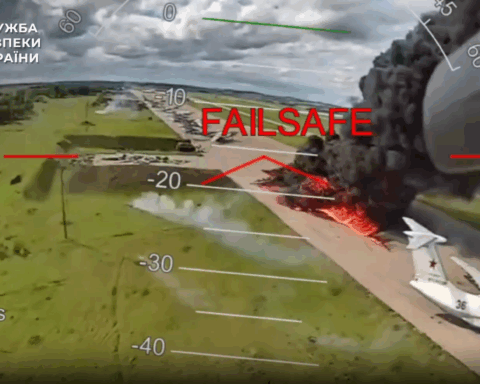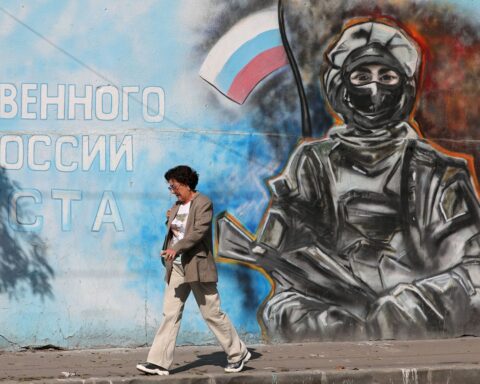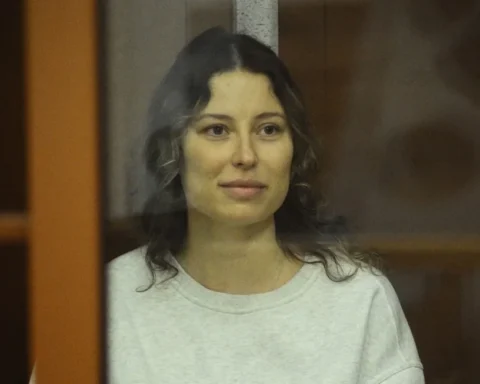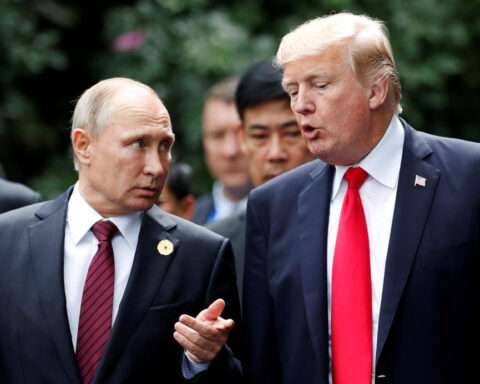Russian Foreign Minister Sergei Lavrov says talks between Washington and Moscow to discuss security issues will take place after Russia’s holiday season is over and that Russia wants military officials involved in its negotiations with NATO.
Speaking on the high-profile, pro-Kremlin talk show Solovyov Live on December 27, Lavrov said, “We will be holding a major round of [security] talks with the United States that will take place immediately after the end of the New Year holidays.”
Russia celebrates Orthodox Christmas on January 7, meaning the first subsequent working day would fall on January 10.
Lavrov’s comments come amid heightened tensions between Moscow and Washington over a massive Russian troop buildup near the Ukrainian border and demands by the Kremlin that there be no further NATO expansion, among other “guarantees” of Russian security.

President Vladimir Putin, speaking on December 23 during his annual news conference, urged the West to meet the demands “immediately,” listing a litany of grievances about Ukraine and NATO.
Putin said in an interview broadcast on Russian state TV on December 26 that he would ponder various options if the West fails to meet Moscow’s demands. Russia’s response “could be diverse,” he said, adding: “It will depend on what proposals our military experts submit to me.”
In his December 27 comments, Lavrov said that Russia wants to include military officials in any talks with NATO and criticized the Western security alliance, repeating Moscow’s position that it could not remain indifferent to perceived NATO aggression on Russia’s “doorstep.”
“NATO is now a purely geopolitical project to develop territory that has become ownerless after the disappearance of the Warsaw Pact and after the collapse of the Soviet Union,” he said. “This is what they are doing.”
Lavrov’s comments came a day after the Russian Foreign Ministry acknowledged that NATO Secretary-General Jens Stoltenberg had proposed holding a meeting of the NATO-Russia Council on January 12. The Kremlin has not yet said whether it will take part.
“We are considering it,” a spokesman for the Kremlin was quoted on December 26 as saying, according to TASS.
The format of the meeting and the composition of the Russian delegation are being looked at, Russian Deputy Foreign Minister Aleksandr Grushko said, TASS reported on December 26.
A spokesman for NATO was quoted by AFP as saying that the alliance has contacted the Kremlin to secure its attendance.
“We are in touch with Russia” about the meeting, said the spokesman, who asked not to be identified.
The NATO-Russia Council was set up in 2002 but is currently inactive because of the conflict in Ukraine’s east between Russia-backed separatists and Ukrainian government forces.
If the meeting takes place on January 12 as Stoltenberg proposed, it would be the first meeting of the council in 2 1/2 years and would take place on the first day of a two-day meeting of the military chiefs of NATO’s 30 member states in Brussels.
The January 12 meeting is the first proposed by Stoltenberg since Moscow submitted draft security documents demanding an end to NATO’s eastward expansion and military cooperation with countries such as Ukraine and Georgia, among other things.
U.S. officials have said that some of the demands are either unworkable, impossible, or fundamentally contrary to Western values, but the United States also has said it is ready to engage in talks regarding the demands. This includes bilaterally, through NATO, and through the Organization for Security and Cooperation in Europe (OSCE).
The talks have been proposed against the backdrop of a buildup of Russian military troops near Ukraine’s borders in a possible prelude to an invasion. The United States and European Union have threatened Moscow with harsh consequences in the event of a military escalation.
Russia has denied any intention of launching an invasion.
Russia’s Defense Ministry announced on December 25 that more than 10,000 troops had finished monthlong drills near Ukraine and that the soldiers involved were returning to their permanent bases.






